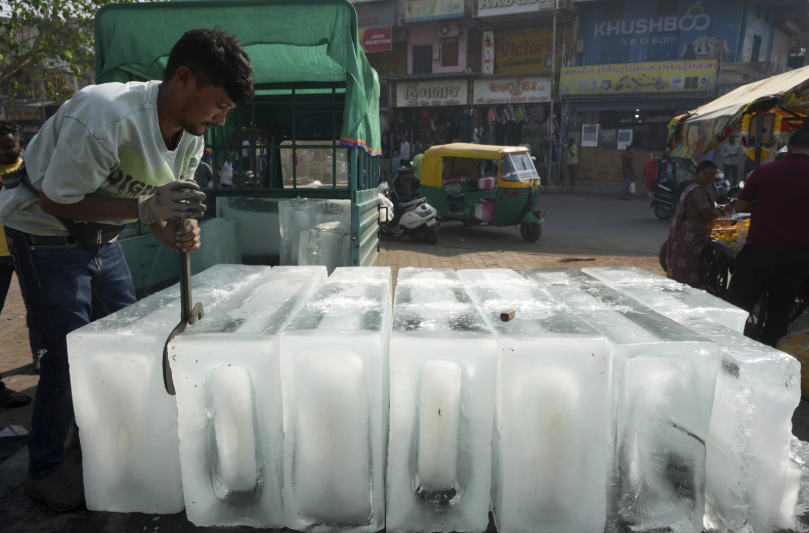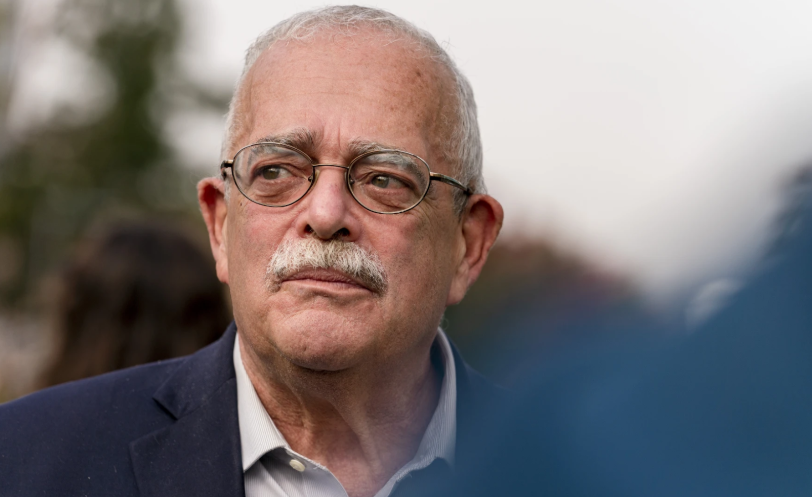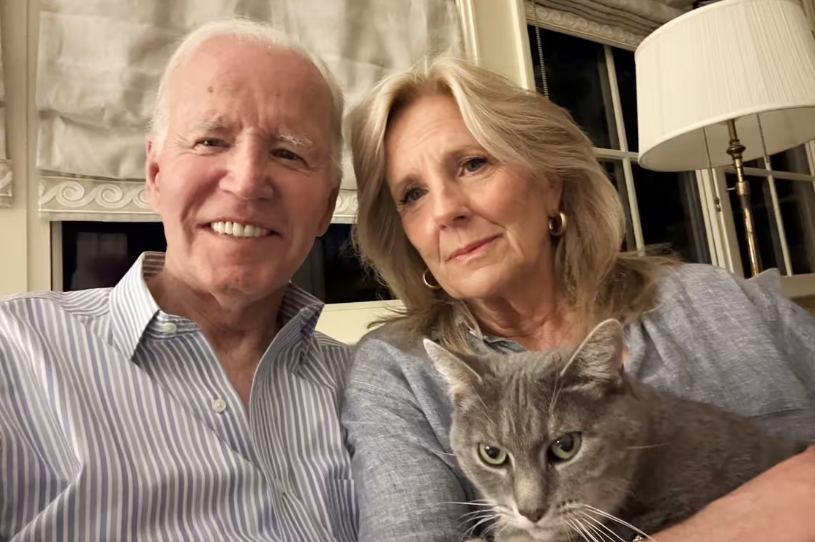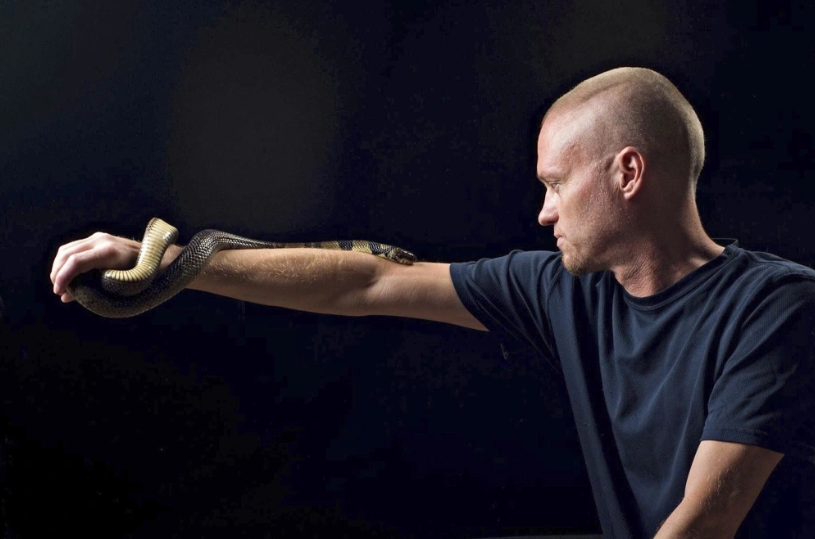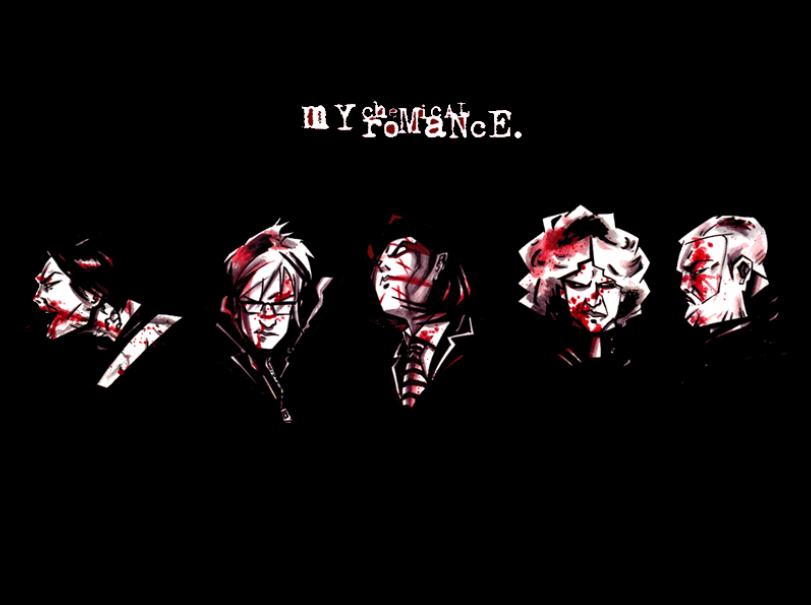
Around the world, democracy is facing the threat of authoritarian, radical governments tearing down constitutional values such as the courts, the media and elections. However, in the October 2023 parliamentary elections, Poland narrowly escaped the depths of corruption, signaling to the rest of the world that there is hope for democratic revival.
This recent Polish parliamentary election had a historic 74% voter turnout, surpassing the number of ballots cast during the 1989 election — when Poland had voted to shed its communist veil.
Since the 80s, Polish democracy has been challenged with power transitioning between progressive and conservative governments every four years for parliament and five years for president. In 2015, the second right-wing government with the Law and Justice Party (PiS) maintained the majority.
Despite making conservative changes to Polish politics, PiS was reelected in 2019. Michal Latosinski, a Polish citizen, expressed his frustration with his fellow voters. “The first election was lost by the democratic opposition because the society wasn’t awake,” he explained, “and they didn’t really identify the serious problems.”
However, once PiS retained power for a second election, they rapidly increased the extent of tearing down democratic institutional values — beginning with the media.
Latosinski commented that journalism “is extremely important” just like parliament or the courts for a healthy democracy. He added, “In the U.S., public television is pretty weak, but in Poland and other European countries, public television is important for many people.”
Latosinski explained that “PiS completely took over public television and public radio [which became] a source of political propaganda. They were supporting the right-wing party… And if there was any information that came against it, they were attacking the source, trying to discredit it.”
Additionally, PiS implemented changes to the Polish constitution. For example, the constitution dictates that parliament appoints judicial officials, which are then confirmed by the president (the opposite of the U.S. system). However, PiS changed the system where party officials would appoint — radically conservative — judges to the Polish Supreme Court, removing vital checks and balances. While Polish justices do not have life tenure, they are still in government long enough to enact real democratic damage.
One of the Supreme Court’s most controversial actions was making abortion illegal throughout Poland. This decision caused public outcry, leading to nation-wide protests.
“That was the decision for many young people — especially women — to realize something was wrong,” Latosinkski said. “There are old guys coming and telling young girls and young women what they can do.”
There were a few mass protests in the capital, Warsaw, and other cities, but “the police force was responding very strongly to women [protesting],” he explained, which included everything from beating to arrests and teargas.
These protests and their responses led to massive voter registration and turnout for young people at the parliamentary elections. At many polling places, voters stood in line until 3:00 a.m to cast their ballot. “It was definitely a trigger for many young people to go vote, some for the first time,” Latosinski reflected.
The opposition won through forming the Civic Coalition (KO), a centrist coalition led by Donald Tusk, a former Polish Prime Minister and EU President. It included multiple parties including the Greens Party and the Third Way Party.
Despite voters’ overwhelming support for the democratic majority in the legislative branch, KO still faces challenges. Both the Supreme Court and the president, Andrzej Duda, are still PiS supporters and block most new legislation that passes through either house — including reversing the court’s abortion decision, a global issue that is still heavily debated in democracies like the U.S.
Additionally, tensions are still heightened on the international stage since the EU condemned PiS and the conservative Supreme Court, siding with Tusk against the radical right-wing party. However, whether international support will be enough to overturn domestic court decisions and legislation is still to be determined.
However, the democratic government has made progress in one vital field: the press. PiS was not so thrilled to give up control of public TV with PiS journalists barricading themselves inside their offices while massive protests raged outside. After not airing any news and becoming personally liable for advertisement allegations, they at last relinquished control, and real journalists returned to public radio and TV. The new government has worked hard to ensure that journalists are respectful of each party’s airtime with the goal of conveying information with neutrality.
“[The news] is very boring now,” Latosinski laughed, “but they’re trying to be independent.”
Real progress has been made through the media. Latosinski stated that even though PiS is now the opposition, for the first time, their approval ratings are dropping and KO’s are rising, emphasizing the shift and power of a free press.
Authoritarianism continues to threaten the fragile nature of democracies all around the world. According to the AP, democratic erosion is snuffing out the light with authoritarians like Hungary’s Viktor Orban and Slovakia’s Robert Fico. However Poland as the EU’s fifth most populous country and its sixth biggest economy proved democracy’s survival — or demise — depends solely on its own foundation: voter representation from all of its eligible constituents, an independent press, and free elections.








